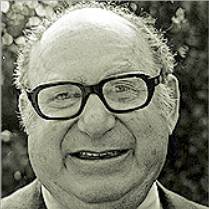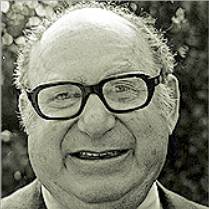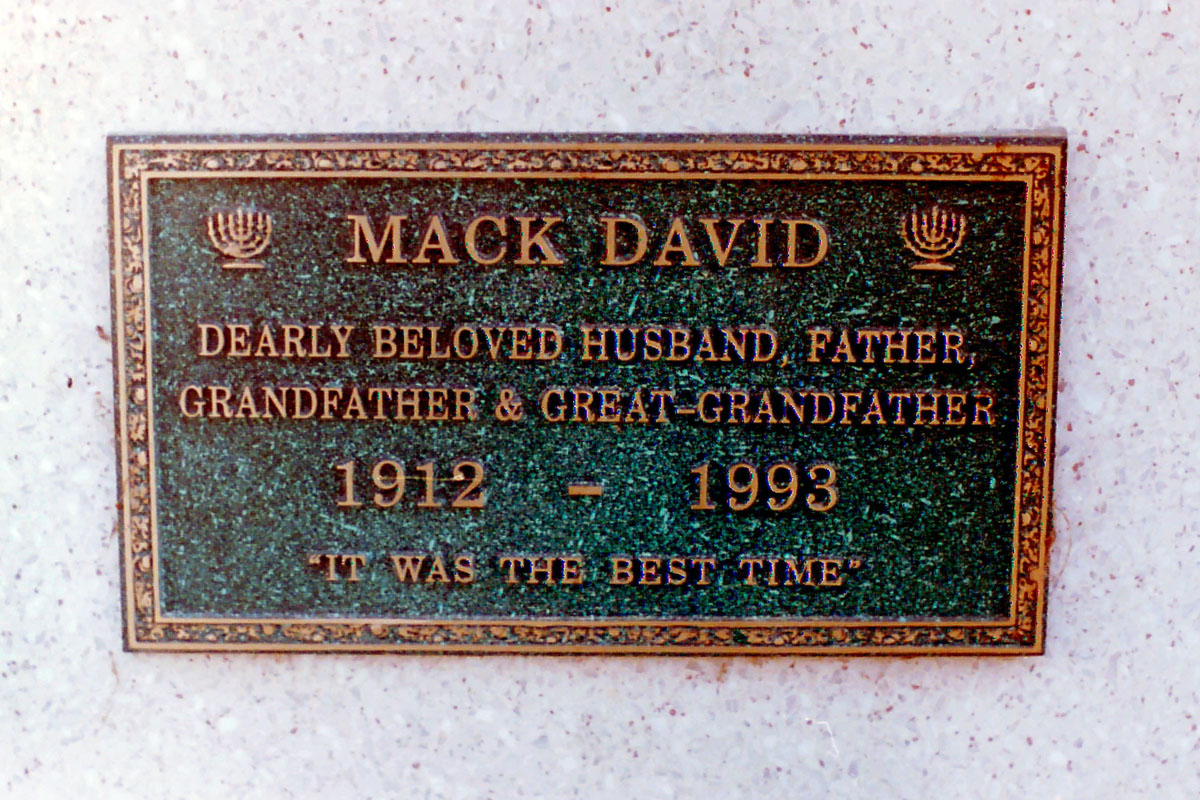Lyricist and songwriter. He was best known for his work in film and television, with a career spanning from the early 1940s through the early 1970s. Mack was credited with writing lyrics and/or music for over one thousand songs. He was particularly well known for his work on the Disney films "Cinderella" and "Alice in Wonderland" and for the mostly-English lyrics through which Édith Piaf's signature song "La Vie en Rose" gained much of its familiarity among native speakers of English. Mack David was the elder brother of American lyricist and songwriter Hal David. Mack David was born to a Jewish family in New York City, New York, on July 5, 1912. David originally planned to become an attorney and attended Cornell University and St. John's University Law School. Despite these original goals, in the mid-1940s, David began writing songs for New York's Tin Pan Alley. These initial successes prompted David to move to Hollywood, California, to work in the film and television industries. David enjoyed considerable success, including eight Academy Award nominations for "Bibbidy-Bobbidy-Boo," which he, Al Hoffman, and Jerry Livingston wrote for Disney's "Cinderella" (1950), followed by the title songs from "The Hanging Tree" (1959), "Bachelor in Paradise" (1961), "Walk on the Wild Side" (1962), "It's a Mad, Mad, Mad, Mad World" (1963), "Hush, Hush, Sweet Charlotte" (1964), "The Ballad of Cat Ballou" (1965) and "My Wishing Doll" from "Hawaii" (1966). David was inducted into the Songwriters Hall of Fame in 1975. David's "most remunerative" song, "Sunflower," was published in 1948, and Frank Sinatra turned it into a hit. Jerry Herman's hit theme song for "Hello, Dolly!," composed over a decade later, used the same melody line as David's "Sunflower." When David sued Herman for copyright infringement, Herman settled out of court with David (for a reputed $250,000), claiming he had never heard David's "Sunflower" prior to working on "Hello, Dolly!" In addition to his many Academy Award nominations, Mack David also had a number of hit songs, including: "Rain, Rain, Go Away" (1932), Duke Ellington's "I'm Just a Lucky So-and-So" (1939), "I Don't Care If The Sun Don't Shine" sung by Patti Page in 1950 (with subsequent cover versions), later covered by Elvis Presley as a rockabilly-styled tune in 1954. The Shirelles' "Baby It's You" (1961 with Burt Bacharach and Barney Williams), "(Beware of) The Blob" (a charted hit by The 5 Blobs; film theme song to 1958 camp-horror classic "The Blob," starring Steve McQueen, with Burt Bacharach, "It Must Be Him" (1967 with Gilbert Becaud), and the "Casper the Friendly Ghost" theme song (with Jerry Livingston). Mack David also collaborated with many composers, including Raymond Scott, Al Hoffman, Alex Kramer, Count Basie, Burt Bacharach, Henry Mancini, and Jerry Livingston, on numerous songs for stage and screen, including "Casper the Friendly Ghost," "77 Sunset Strip," "Hawaiian Eye," "Bourbon Street Beat," "Surfside 6" and "This Is It" (for the 1960s The Bugs Bunny Show). But perhaps David's most popular lyrics were those written for "La Vie En Rose," a French song with lyrics by Édith Piaf and music by Louigny (Louis Guglielmi), which had been Piaf's signature song. Although David did not write an English translation of Piaf's lyrics, his words captured the spirit of the song and became a very popular American version because of performances by artists such as Louis Armstrong. The song has also been recorded by over eighty international singers and musicians and has been featured in several dozen motion pictures. David's song "Candy" (co-written with Whitney and Kramer) was recorded by Ella Fitzgerald for her 1968 album "30" by Ella. In 1975, according to the New York Times in David's obituary: "Mr. David was granted a patent for inventing an electronic system for composing songs from fractional recordings. The system included playback units and stored records of lyrics and melodies. The operator selected words and music that fit together and recorded the combination."
He was buried in Forest Lawn Memorial Park alongside his wife, Beatrice, and he has a cenotaph at Mount Sinai Memorial Park.
Lyricist and songwriter. He was best known for his work in film and television, with a career spanning from the early 1940s through the early 1970s. Mack was credited with writing lyrics and/or music for over one thousand songs. He was particularly well known for his work on the Disney films "Cinderella" and "Alice in Wonderland" and for the mostly-English lyrics through which Édith Piaf's signature song "La Vie en Rose" gained much of its familiarity among native speakers of English. Mack David was the elder brother of American lyricist and songwriter Hal David. Mack David was born to a Jewish family in New York City, New York, on July 5, 1912. David originally planned to become an attorney and attended Cornell University and St. John's University Law School. Despite these original goals, in the mid-1940s, David began writing songs for New York's Tin Pan Alley. These initial successes prompted David to move to Hollywood, California, to work in the film and television industries. David enjoyed considerable success, including eight Academy Award nominations for "Bibbidy-Bobbidy-Boo," which he, Al Hoffman, and Jerry Livingston wrote for Disney's "Cinderella" (1950), followed by the title songs from "The Hanging Tree" (1959), "Bachelor in Paradise" (1961), "Walk on the Wild Side" (1962), "It's a Mad, Mad, Mad, Mad World" (1963), "Hush, Hush, Sweet Charlotte" (1964), "The Ballad of Cat Ballou" (1965) and "My Wishing Doll" from "Hawaii" (1966). David was inducted into the Songwriters Hall of Fame in 1975. David's "most remunerative" song, "Sunflower," was published in 1948, and Frank Sinatra turned it into a hit. Jerry Herman's hit theme song for "Hello, Dolly!," composed over a decade later, used the same melody line as David's "Sunflower." When David sued Herman for copyright infringement, Herman settled out of court with David (for a reputed $250,000), claiming he had never heard David's "Sunflower" prior to working on "Hello, Dolly!" In addition to his many Academy Award nominations, Mack David also had a number of hit songs, including: "Rain, Rain, Go Away" (1932), Duke Ellington's "I'm Just a Lucky So-and-So" (1939), "I Don't Care If The Sun Don't Shine" sung by Patti Page in 1950 (with subsequent cover versions), later covered by Elvis Presley as a rockabilly-styled tune in 1954. The Shirelles' "Baby It's You" (1961 with Burt Bacharach and Barney Williams), "(Beware of) The Blob" (a charted hit by The 5 Blobs; film theme song to 1958 camp-horror classic "The Blob," starring Steve McQueen, with Burt Bacharach, "It Must Be Him" (1967 with Gilbert Becaud), and the "Casper the Friendly Ghost" theme song (with Jerry Livingston). Mack David also collaborated with many composers, including Raymond Scott, Al Hoffman, Alex Kramer, Count Basie, Burt Bacharach, Henry Mancini, and Jerry Livingston, on numerous songs for stage and screen, including "Casper the Friendly Ghost," "77 Sunset Strip," "Hawaiian Eye," "Bourbon Street Beat," "Surfside 6" and "This Is It" (for the 1960s The Bugs Bunny Show). But perhaps David's most popular lyrics were those written for "La Vie En Rose," a French song with lyrics by Édith Piaf and music by Louigny (Louis Guglielmi), which had been Piaf's signature song. Although David did not write an English translation of Piaf's lyrics, his words captured the spirit of the song and became a very popular American version because of performances by artists such as Louis Armstrong. The song has also been recorded by over eighty international singers and musicians and has been featured in several dozen motion pictures. David's song "Candy" (co-written with Whitney and Kramer) was recorded by Ella Fitzgerald for her 1968 album "30" by Ella. In 1975, according to the New York Times in David's obituary: "Mr. David was granted a patent for inventing an electronic system for composing songs from fractional recordings. The system included playback units and stored records of lyrics and melodies. The operator selected words and music that fit together and recorded the combination."
He was buried in Forest Lawn Memorial Park alongside his wife, Beatrice, and he has a cenotaph at Mount Sinai Memorial Park.
Inscription
Mack David
Dearly Beloved Husband, Father, Grandfather & Great-Grandfather
1912 – 1993
"It Was The Best Time"
Advertisement
See more David memorials in:
Explore more
Sponsored by Ancestry
Advertisement



